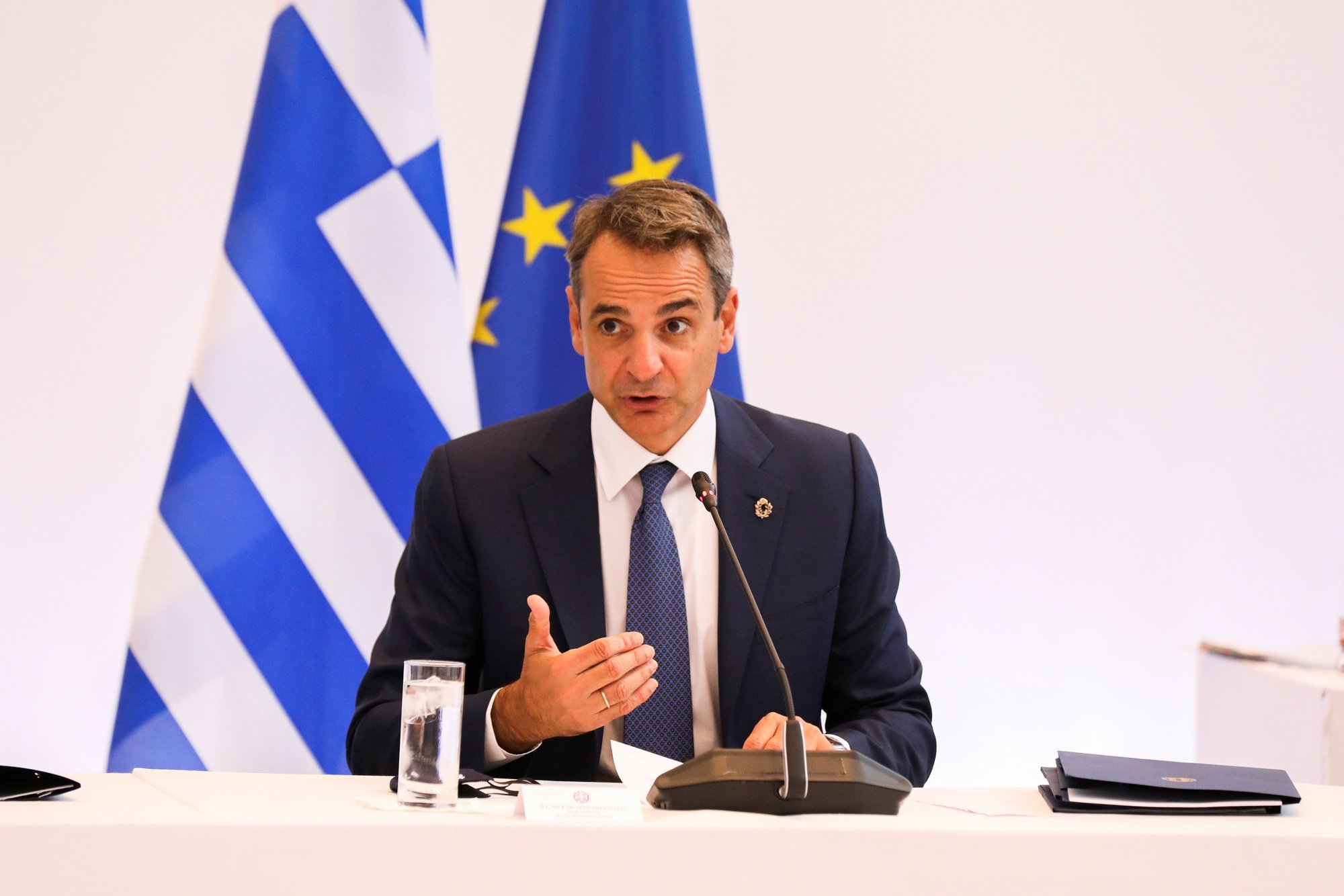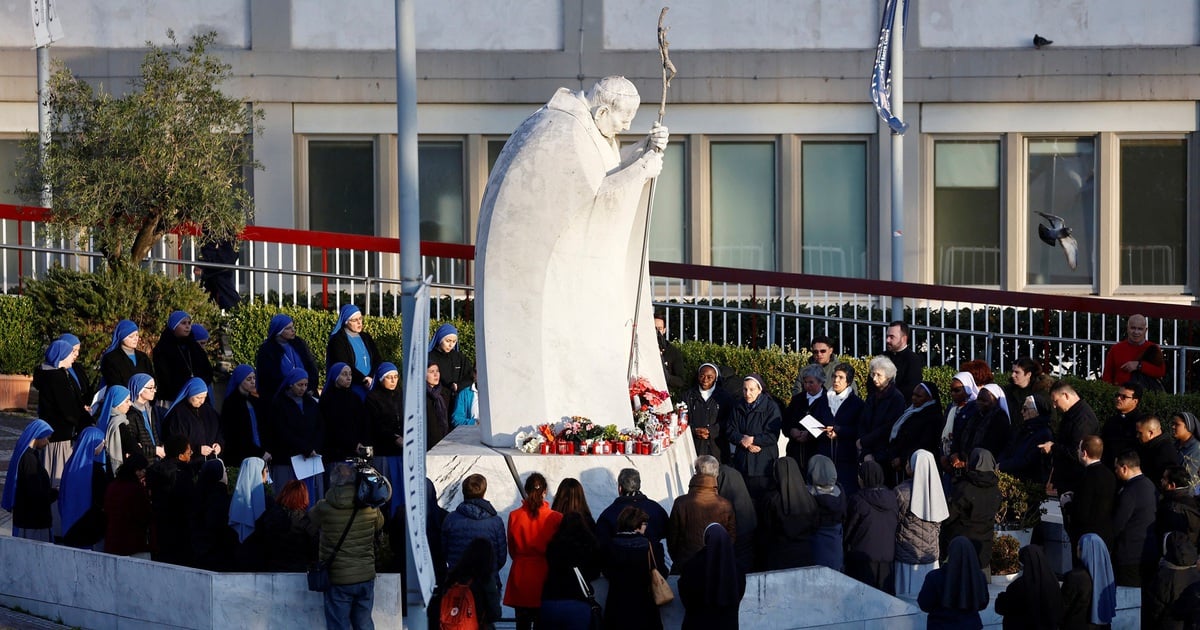The early parliamentary elections in Greece resulted in Prime Minister Kyriakos Mitsotakis's faction remaining in power, but right-wing, populist and nationalist parties also won big and became a strong faction in parliament. In Germany, the Alternative for Germany (AfD) party reached over 20% in the public opinion poll for the first time, higher than all three political parties in the ruling coalition. Moreover, this party elected a district mayor in Germany for the first time. The AfD is the most far-right, populist and nationalist party in Germany. All of these are political precedents in German history.

Mr. Kyriakos Mitsotakis
The developments in Greece and Germany follow a series of right-leaning political and social developments in other European countries: Spain, Hungary, France, Italy, Sweden, Slovakia and Finland.
This trend continues to fundamentally change the picture of the political spectrum in Europe. It shows that the left wing in Europe continues to decline and it is unknown when it will be able to revive. The reason is that the situation in Europe has become insecure and uncertain in many aspects and has a direct negative impact on the normal life and livelihood of the people. The reason is also that the ruling party, regardless of whether it is left wing, center wing or conservative right wing, is slow to catch up and not sensitive enough to change its ruling policies in a timely manner. The people support the other party because they want to express their dissatisfaction with the current ruling party and because the other party targets their psychology and relieves their mood. This right-wing bias is a real nightmare for the EU.
Source link






































![[Photo] Prime Minister Pham Minh Chinh chairs Government Conference with localities on economic growth](https://vstatic.vietnam.vn/vietnam/resource/IMAGE/2025/2/21/f34583484f2643a2a2b72168a0d64baa)

























































Comment (0)